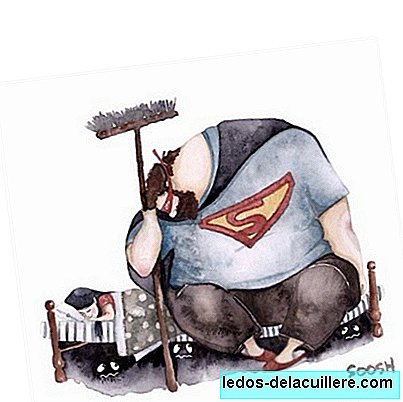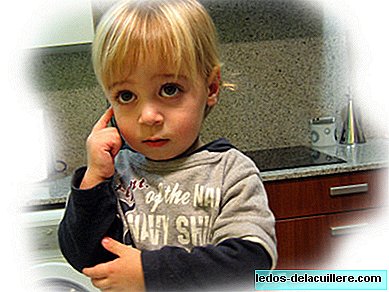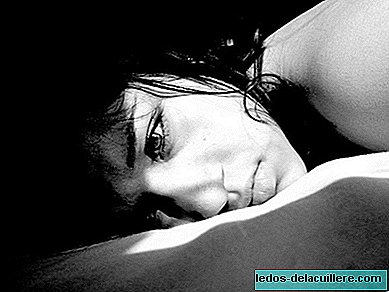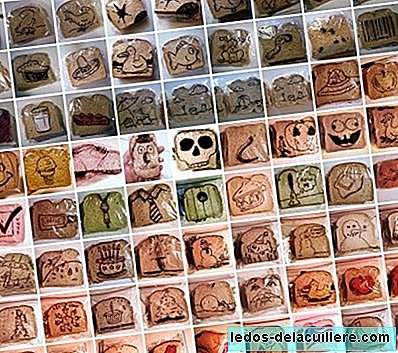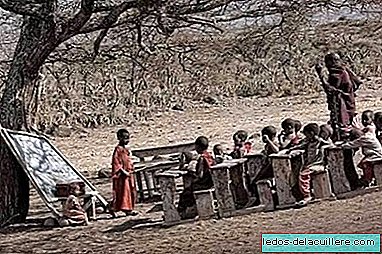
Education is present in all our actions, feelings and attitudes, and is acquired in a more or less regulated manner throughout our lives. The transmission of knowledge, values, customs and ways of acting for the training of people acquires relevance in families and schools.
The Education for All movement is a worldwide commitment to provide quality basic education to all children, young people and adults, something that is currently far from being achieved.
This initiative was launched at the World Education Conference for All in 1990, under the auspices of UNESCO, UNDP, UNFPA, UNICEF and the World Bank. Participants supported an expanded vision of learning and agreed to universalize primary education and massively reduce illiteracy.
Over the years, many countries were still far from achieving that goal and the international community reaffirmed their commitment to achieve Education for All in 2015.
The six objectives of the "Education for all" movement They are as follows:
Extend and improve the comprehensive protection and education of early childhood, especially for the most vulnerable and disadvantaged children.
Ensure that before 2015 all children, and especially girls and boys in difficult situations, have access to free and compulsory primary education of good quality and finish it.
Ensure that the learning needs of all young people and adults are met through equitable access to adequate learning and preparation programs for active life.
Increase the number of literate adults by 50% by 2015, in particular in the case of women, and provide all adults with equal access to basic education and continuing education.
Suppress gender disparities in primary and secondary education by 2005 and achieve gender equality in relation to education by 2015, in particular by guaranteeing young women full and equitable access to good quality basic education, as well as good performance. Precisely in its latest reports, UNESCO announces that two out of three countries do not offer the same educational opportunities to children.
Improve all qualitative aspects of education, guaranteeing the highest parameters, to achieve recognized and measurable learning outcomes, especially in reading, writing, arithmetic and practical skills.
In contexts in which education is practically universal, these goals seem widely exceeded. But the reality in much of the world is quite different, and two of the Millennium Goals are related to education.
Therefore we believe that the "Education for all" movement sets out essential goals for development and the growth of competent and fit people to improve health, livelihoods and promote safe environmental practices, among other issues.


